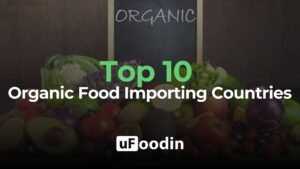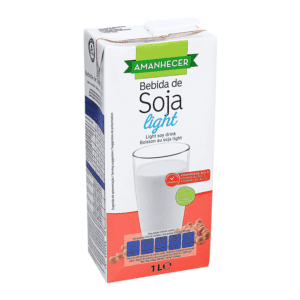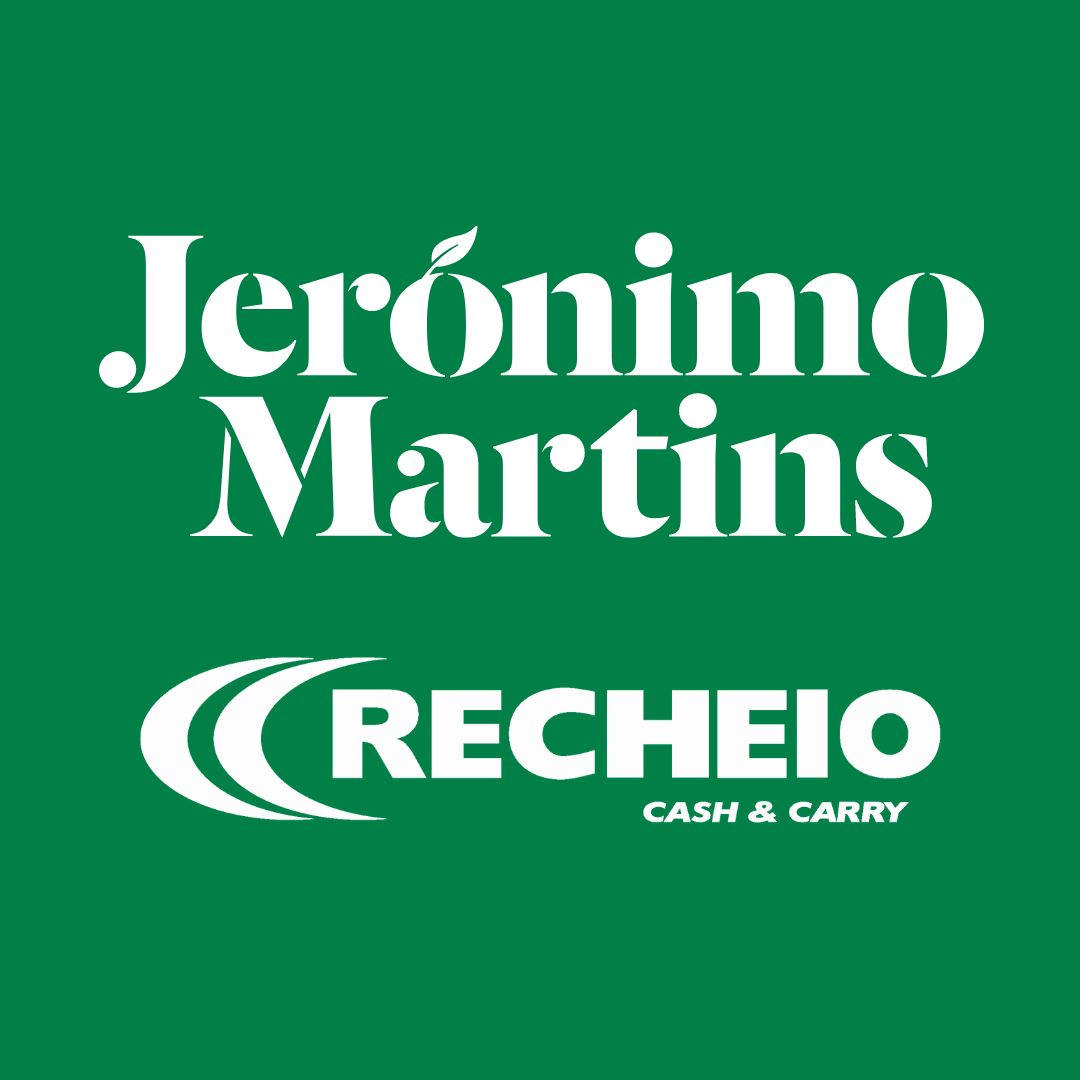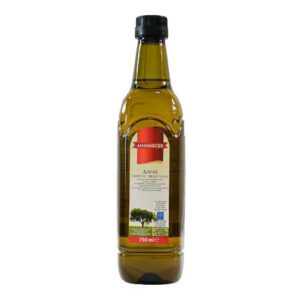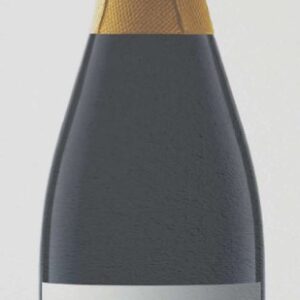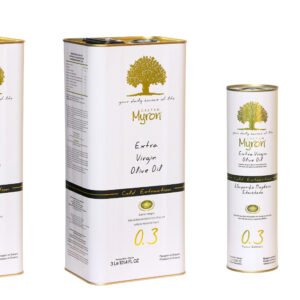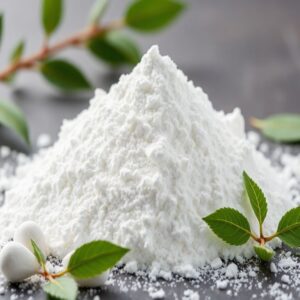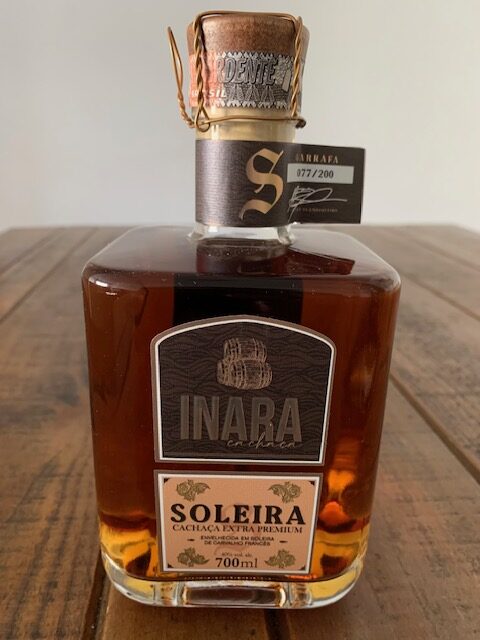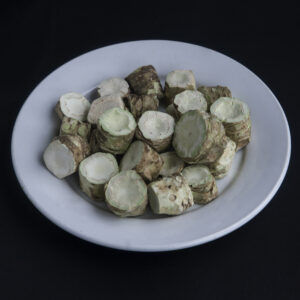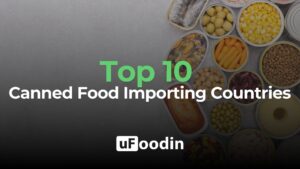
Top 10 Beer Companies Shaping the Global Market
The global beer market is a cornerstone of the beverage industry, deeply ingrained in cultures worldwide. In 2023, the market was valued at approximately $821.39 billion and is projected to grow to $1.17 trillion by 2032, representing a robust CAGR of 4.03%. With over 2 billion hectoliters of beer consumed annually, beer is one of the most popular alcoholic beverages globally, catering to diverse tastes, occasions, and demographics.
Key growth drivers include the rising popularity of craft and premium beers, the increasing demand for non-alcoholic and low-alcohol options, and the expansion of global brands into emerging markets like China, India, and Brazil. The rise of e-commerce has also revolutionized the way beer is sold, with direct-to-consumer platforms and online ordering becoming mainstream.
However, the beer industry is not without its challenges. From climate change affecting raw material supplies to evolving consumer preferences and regulatory pressures, companies must continuously adapt to maintain their market dominance. This article highlights the Top 10 beer companies, their notable brands, and how they navigate the complexities of a dynamic market.

- Anheuser-Busch InBev (AB InBev)
- Headquarters: Leuven, Belgium
- Revenue: Approx. $57.79 billion (2022)
- Market Share: 26.9% of global beer production
- Notable Brands: Budweiser, Stella Artois, Corona
- Why It Stands Out:
AB InBev is the world’s largest beer company, boasting over 500 beer brands. Its focus on premiumization, sustainability, and market expansion has solidified its dominance.
- Heineken N.V.
- Headquarters: Amsterdam, Netherlands
- Revenue: Approx. $30.20 billion (2022)
- Market Share: 12.2% of global beer production
- Notable Brands: Heineken, Amstel, Tiger
- Why It Stands Out:
Heineken is the second-largest brewer globally, known for its iconic green bottle and innovative branding. It is a leader in emerging markets and sustainability initiatives.
- China Resources Snow Breweries
- Headquarters: Beijing, China
- Revenue: Approx. $18.96 billion (2022)
- Market Share: 6% of global beer production
- Notable Brands: Snow Beer
- Why It Stands Out:
Snow Beer is the world’s best-selling beer by volume, driven by China’s massive domestic market. China Resources continues to expand its production and distribution networks.
- Carlsberg Group
- Headquarters: Copenhagen, Denmark
- Revenue: Approx. $9.48 billion (2022)
- Market Share: 5.8% of global beer production
- Notable Brands: Carlsberg, Tuborg, Kronenbourg 1664
- Why It Stands Out:
Carlsberg focuses on premiumization and sustainability. Its “Together Towards ZERO” initiative aims to reduce carbon emissions and water waste across its operations.
- Molson Coors Beverage Company
- Headquarters: Chicago, Illinois, USA
- Revenue: Approx. $10.7 billion (2022)
- Market Share: 3.5% of global beer production
- Notable Brands: Coors Light, Miller Lite, Blue Moon
- Why It Stands Out:
Molson Coors balances iconic mainstream brands with innovative craft and non-alcoholic offerings, ensuring relevance in a rapidly changing market.
- Tsingtao Brewery Group
- Headquarters: Qingdao, China
- Revenue: Approx. $4.8 billion (2022)
- Market Share: 2.8% of global beer production
- Notable Brands: Tsingtao Beer
- Why It Stands Out:
Tsingtao is one of China’s oldest breweries and a top exporter, representing Chinese beer globally with its crisp, refreshing lager.
- Asahi Group Holdings
- Headquarters: Tokyo, Japan
- Revenue: Approx. $20.5 billion (2022)
- Market Share: 2.5% of global beer production
- Notable Brands: Asahi Super Dry, Peroni, Pilsner Urquell
- Why It Stands Out:
Asahi’s premiumization strategy and acquisitions of global brands have made it a leader in the Asia-Pacific and European markets.
- Grupo Modelo (AB InBev)
- Headquarters: Mexico City, Mexico
- Revenue: Included in AB InBev’s total
- Market Share: Part of AB InBev’s 26.9%
- Notable Brands: Corona, Modelo Especial, Pacifico
- Why It Stands Out:
Grupo Modelo’s Corona is one of the most internationally recognized beers, particularly popular in the United States and Europe.
- Beijing Yanjing Brewery
- Headquarters: Beijing, China
- Revenue: Approx. $1.53 billion (2020)
- Market Share: 2% of global beer production
- Notable Brands: Yanjing Beer
- Why It Stands Out:
Yanjing focuses on regional dominance within China, offering affordable and widely available beer options.
- Diageo plc
- Headquarters: London, United Kingdom
- Revenue: Approx. $18.96 billion (2022)
- Market Share: Niche player in beer
- Notable Brands: Guinness, Harp Lager
- Why It Stands Out:
While primarily known for spirits, Diageo’s beer segment is led by Guinness, one of the most iconic stout brands globally.
Major Challenges Facing the Beer Industry
- Sustainability and Environmental Impact
- Challenge: Brewing beer requires significant water and energy resources. Producing one liter of beer can consume up to 5 liters of water, creating a significant environmental footprint.
- Impact: Breweries face growing pressure to adopt sustainable practices, including water conservation, renewable energy use, and waste reduction.
- Example: Companies like Carlsberg and AB InBev have implemented ambitious sustainability goals, including reducing CO2 emissions and transitioning to fully recyclable packaging.
- Evolving Consumer Preferences
- Challenge: Younger generations are increasingly opting for healthier beverage options, including non-alcoholic and low-calorie beers, or even shifting to alternatives like hard seltzers and craft cocktails.
- Impact: This shift challenges traditional beer brands to innovate and diversify their offerings to meet these changing demands.
- Example: Heineken 0.0 and Budweiser Zero are products designed to cater to the non-alcoholic beer market, which is projected to grow at a CAGR of 8.7% from 2023 to 2030.
- Climate Change
- Challenge: Beer production relies heavily on climate-sensitive crops like barley and hops. Rising temperatures, unpredictable rainfall, and extreme weather events threaten crop yields and quality.
- Impact: These challenges can lead to supply chain disruptions, higher production costs, and price increases for consumers.
- Example: Breweries are investing in climate-resilient crops and sustainable farming practices to mitigate risks.
- Regulatory Restrictions
- Challenge: Governments worldwide are imposing stricter regulations on alcohol advertising, taxation, and consumption to address public health concerns.
- Impact: These measures can limit market growth and profitability, particularly in emerging markets where regulations are rapidly evolving.
- Example: In India, stringent advertising laws have pushed companies to innovate with experiential marketing campaigns and digital engagement.
- Supply Chain Disruptions
- Challenge: Global events such as the COVID-19 pandemic, geopolitical tensions, and inflation have disrupted logistics, increased costs, and created raw material shortages.
- Impact: Supply chain inefficiencies can delay production, reduce profit margins, and impact product availability.
- Example: Companies like Molson Coors have diversified their supplier base and embraced technology to improve supply chain resilience.
- Competition from Alternative Beverages
- Challenge: The rise of hard seltzers, craft cocktails, and canned wines has introduced fierce competition for consumer dollars.
- Impact: Beer companies must innovate to retain market share, often through acquisitions or the launch of their own alternative beverages.
- Example: AB InBev’s entry into the hard seltzer market with brands like Bon & Viv demonstrates this adaptive strategy.

Key Trends in the Beer Industry
- Premiumization
- Consumers are gravitating toward high-quality, artisanal beers with unique flavors and packaging. Premium brands are seeing significant growth, particularly in urban and developed markets.
- Growth of Non-Alcoholic and Low-Alcohol Beers
- The global market for non-alcoholic beer is expected to grow rapidly, driven by health-conscious consumers seeking alternatives without compromising on taste.
- Digital Engagement and E-Commerce
- Breweries are leveraging online platforms for direct-to-consumer sales, virtual brewery tours, and interactive marketing campaigns to reach a broader audience.
- Sustainability Initiatives
- Leading companies are focusing on renewable energy, water conservation, and sustainable farming to reduce their environmental footprint and appeal to eco-conscious consumers.
- Localization of Flavors
- Emerging markets are seeing the development of regionally inspired beer flavors and ingredients, catering to local palates while maintaining global standards.
The Top 10 beer companies dominate the global market by embracing innovation, sustainability, and strategic acquisitions. From AB InBev’s expansive portfolio to Guinness’s iconic stout legacy under Diageo, these companies exemplify resilience and adaptability in a competitive and evolving industry.
Despite challenges such as climate change, shifting consumer preferences, and regulatory pressures, the beer industry remains poised for growth. Platforms like uFoodin provide a valuable space for breweries, distributors, and suppliers to connect, showcase their innovations, and collaborate on addressing the industry’s challenges and opportunities.
uFoodin Editorial Team
Bibliography
- Fortune Business Insights: Global Beer Market Overview
- Statista: Global Beer Market Revenue
- Company Reports: AB InBev, Heineken, Carlsberg, Molson Coors
- Industry Reports on Non-Alcoholic Beverages and Sustainability
- uFoodin Official Website

